According to Jung, spirit is something we humans have “pulled into our sphere and filled our consciousness with” (GW IX/I, §393). Spirit is something apart from human beings, something alien; while our species has evolved and adapted to the external world, it has also evolved and adapted to the inner, psychic world, and in part we have done so by integrating spirit into our consciousness. Originally, spirit seems to have been an autonomous being; now it has gradually come under control of the human will, but not fully so. The result is a precarious balance of power between spirit and consciousness.
This [spiritual] being stands facing the primitive human; but with ongoing evolution it ends up in the domain of human consciousness and turns into a function, which is subordinated to the latter, whereby its character of autonomy apparently gets lost.
Dieses [geistige] Wesen steht dem primitiven Menschen gegenüber, gerät aber mit zunehmender Entwicklung in den Bereich des menschlichen Bewußtseins und wird zu einer Funktion, welche ersterem unterstellt ist, womit sein ursprünglicher Charakter der Autonomie anscheinend verloren geht.
GW IX/I, §393.
All this adds up to a rather peculiar notion of spirit, and that notion probably deserves a little more explication.
So what exactly is Jung talking about when he says ‘spirit’ (Geist)?
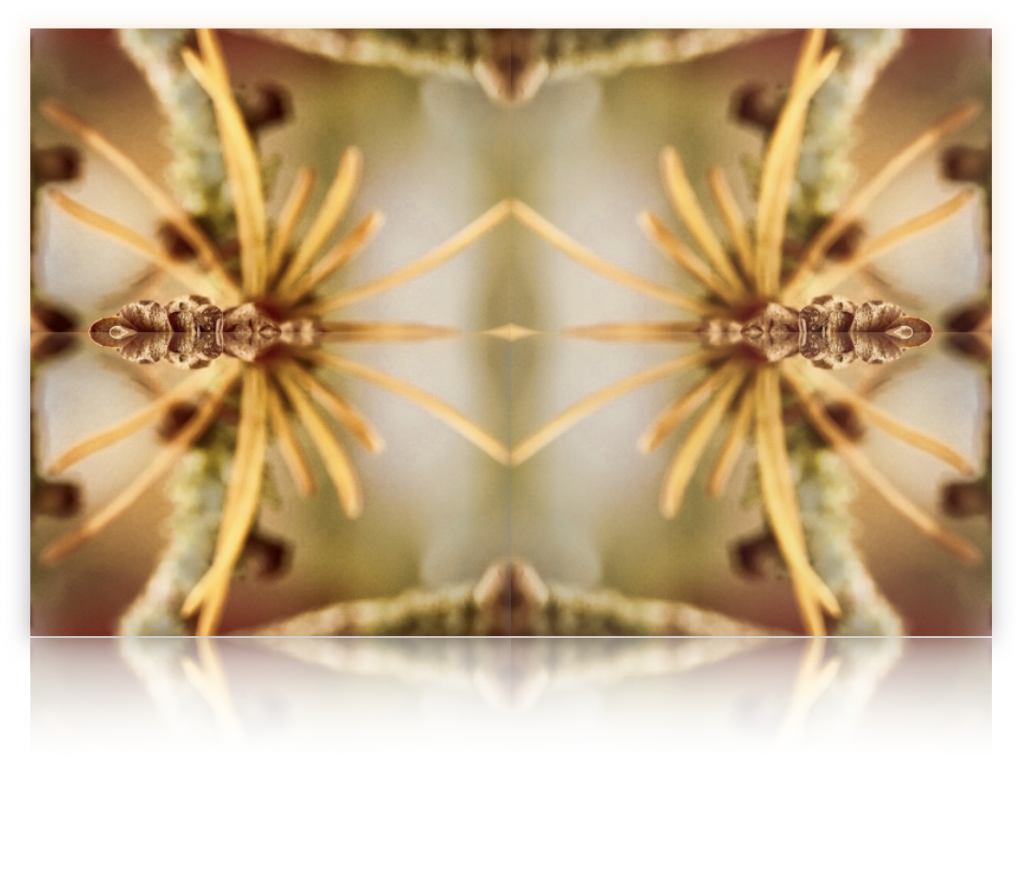
1. First, that notion characterizes a “functional complex” (GW IX/I, §388), in other words, a combination or system of functions. And by functions we have to understand psychological functions, activities of the psyche that happen “inside our heads”, not out there in the external world (the world of material objects in space and time). “Spiritual” in this sense is opposed to “material” (made of “matter”).
The phenomenology of the functional complex bears this out: spirit is “an entity which presents itself as an immediately psychological phenomenon, in contrast to others which exist for the naive view because of causal physical influences” (GW IX/I, §392a). That is to say: some psychological phenomena, such as pain or being dazzled by sunlight, are obviously taken by us as an effect of something outside in the external world (the world of physical objects in space and time); but other elements in our psychology do not appear thus, and those are what we call the “spiritual” elements.
2. When we become aware of a psychological activity (“inside our head”), we may either recognize and accept this as “our” activity, an exercise of a psychological function that “belongs to me”, or we may experience it as something alien to our own person — something that does not “belong to me”, but not in the sense that it is a different object in the external world, i.e. something at a different time and/or place, but in the sense of an alien psychological activity, something that “possesses” us, drives our thoughts and feelings without our own direction. In the first case, we experience spirit as “our psyche”, whereas in the latter case, we experience it as Zeitgeist, perhaps as some -ism, or even an archaic unconscious drive. (It can also be the ‘spirit’ of another person, such as a dead ancestor, or even someone we have an obsession with, like the object of an unrequited crush or a divisive politician.)
We may note in passing that this way of framing the notion of spirit is congenial to Jung’s general division of the psyche into personal (ego, shadow, personal unconscious) and impersonal (persona, collective unconscious) psychological elements. The distinction between own and alien spirit mirrors, roughly, the distinction Jung typically makes between the individual’s psyche and the shared, societal and archetypal psyche.
3. Jung indicates three more characteristics of spirit (GW IX/I, §303). First, it has spontaneity, its own principle of movement and activity. In other words, spirit can stir movement or activity out of itself: it is not just external influence and our own will that can produce change in the world, but spirit also has this power. (We might even speculate that the human power of creating movent by willing it is itself a capacity we acquired by the integration of spirit.)
Secondly, spirit can freely create images, without any dependence on sense perception; and thirdly, it can autonomously manipulate images. (Again we may speculate: our conscious power of visualization may be a result of integrating spirit; we can observe the sovereign and autonomous creation and manipulation of images when “pictures come unbidden to our mind’s eye”, e.g. that of a relative we haven’t seen for a while when someone mentions their name; and of course, then there are also dreams and visions.)
4. None of all this is without its dangers.
Geist ist ursprünglich ein Geist in Menschen- oder Tiergestalt, ein Daimonion, das dem Menschen gegenübertritt. Aber unser Material läßt bereits Spuren der Bewußtseinserweiterung erkennen, welche allmählich jenes ursprünglich unbewußte Gebiet zu okkupieren beginnt und jene Daimonia zum Teil in Willkürakte verwandelt. Der Mensch erobert sich nicht nur die Natur, sondern auch den Geist, ohne sich zu vergegenwärtigen, was er damit tut.
Spirit is originally a spirit in human or animal form, a daemonion which stands face to face with human beings. But in our material we can already recognize traces of the extension of consciousness which gradually occupies that originally unconscious region and partially transforms those daemonia into acts of the will. Humans do not only conquer nature, but also spirit, yet without being aware of what they’re doing.
GW IX/I, §454.
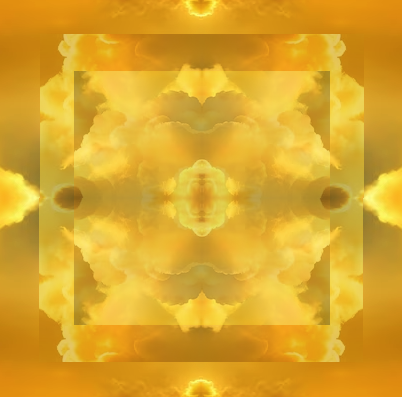
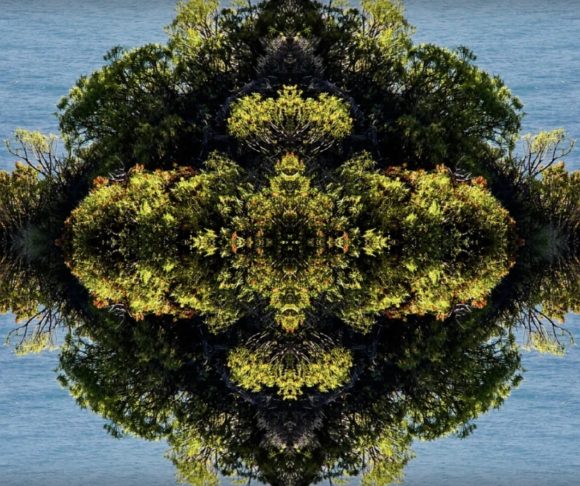
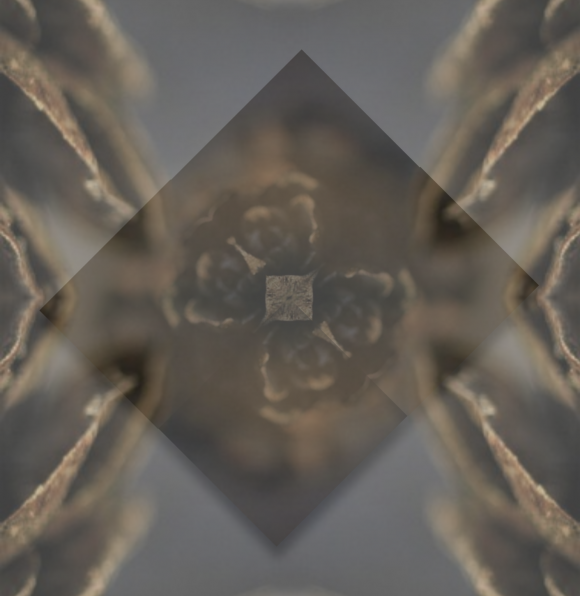
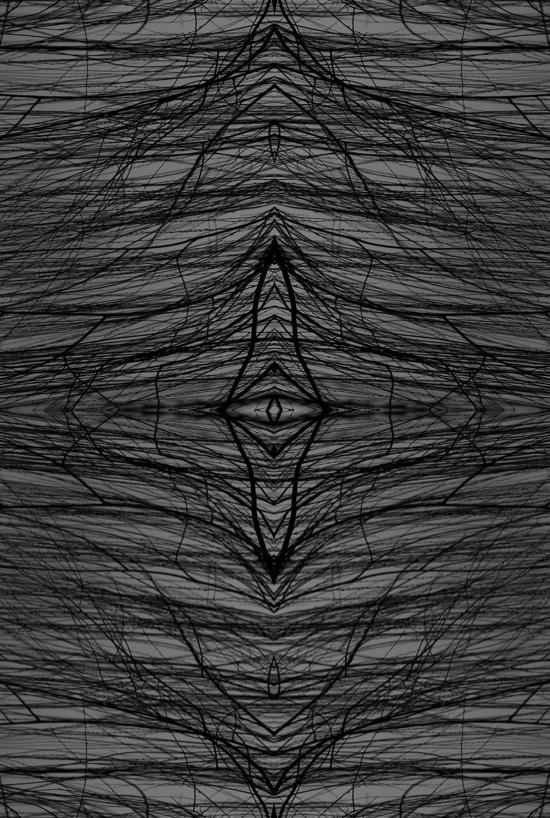
[…] archetype of a pre-existent meaning in the midst of chaotic life — i.e. the archetype of spirit (Geist) — has been morphed, over the course of centuries of human history, from of a separated form of […]